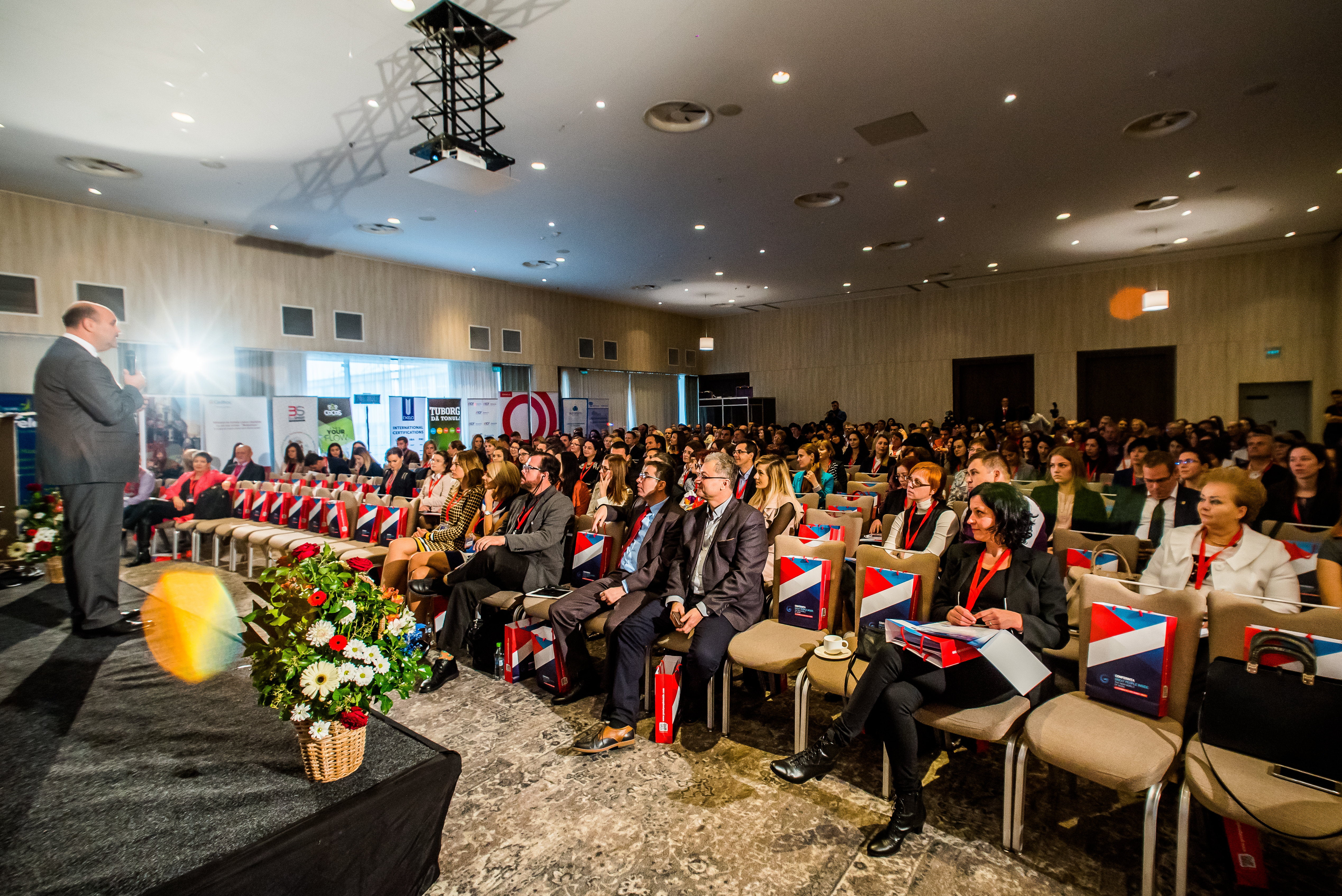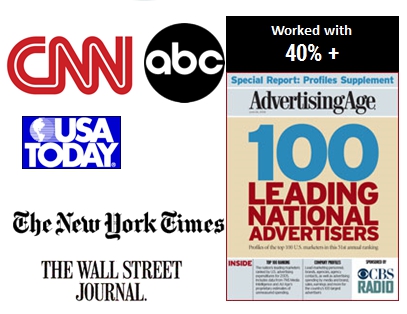Dealing With Stress, Step 5: Clinical Mode On
(This article is a part of a series; please start here)
Observing dispassionately allows control. Once you managed to take the previous step (dis-identifying Yourself from Mind) – or even at the same time – start observing yourself as you would an item in a museum.
Start by observing what happens inside your body. It is easier with the body, because it doesn’t play the identification trick. Scan your muscles, your gut, your heart, your face. Notice the tension in your arms and legs, notice the feeling of a solid rock in your belly, notice the fast-paced, shallow breathing, notice the sensation of heat in your cheeks.
Once you noticed those sensations, stop. Don’t take it further, don’t judge “I shouldn’t feel that, I shouldn’t be red-faced”. Just take the information in and file it without tagging it “good” or “bad”. Go back to scanning and do it as many times as you need to cool off.
After you get familiar with observing your body, you can take the next step and do the same with your mind. Observe what feelings it puts out. Name them as exactly as you can: “my mind is making me feel ashamed“, “my mind is making me feel furious“. It is good information. It is not something you should believe or act upon. If you can trace the source you’re even better off: “my mind makes me feel ashamed I made a mistake because in the first grade the teacher always made crude fun of me because I wasn’t talented at math“. Seeing the source is valuable, because it shows you that your mood has less to do with Now and more to do with The Past. The link is emotional, not rational.
If you have ever been in a negotiation with an used-cars salesman (or any slick, fast-talking sales guy), you know how you look at him working his number, recognize the tricks in his book and smile inwardly “You won’t catch me this time, dude!”
The same goes with your mind. It won’t catch you again, because you will recognize its trick, see right through them and take appropriate action, as opposed to the hasty things It wants you to do.
“Response” is the name of the game. “Reaction” is a thing of the past.
Continue with steps 6 and 7 by clicking here

By Catalin Octavian Blaga – Trainer Great People Inside
Trainer who turns business experience and psychology into impacting training programs… and more! You can find out more about Catalin by clicking here






 Dan Hill will be a Key Note Speaker at the Great People Inside Conference “The New World of Work” 12-13 October 2016 at Kronwell Hotel, Brasov Romania. Dan is an internationally recognized expert on emotions as captured through the facial coding tool made famous by Gladwell’s bestseller Blink and Fox’s hit series “Lie to Me.” Five of the seven universal, core emotions facial coding reveals were also highlighted in Pixar’s Inside Out. Dan’s work spans applications from market research to legal, behavioral finance, and professional sports as well as to analysis of executives, politicians and cultural icons in serving as a facial expressions biographer of famous, newsworthy individuals.
Dan Hill will be a Key Note Speaker at the Great People Inside Conference “The New World of Work” 12-13 October 2016 at Kronwell Hotel, Brasov Romania. Dan is an internationally recognized expert on emotions as captured through the facial coding tool made famous by Gladwell’s bestseller Blink and Fox’s hit series “Lie to Me.” Five of the seven universal, core emotions facial coding reveals were also highlighted in Pixar’s Inside Out. Dan’s work spans applications from market research to legal, behavioral finance, and professional sports as well as to analysis of executives, politicians and cultural icons in serving as a facial expressions biographer of famous, newsworthy individuals.

